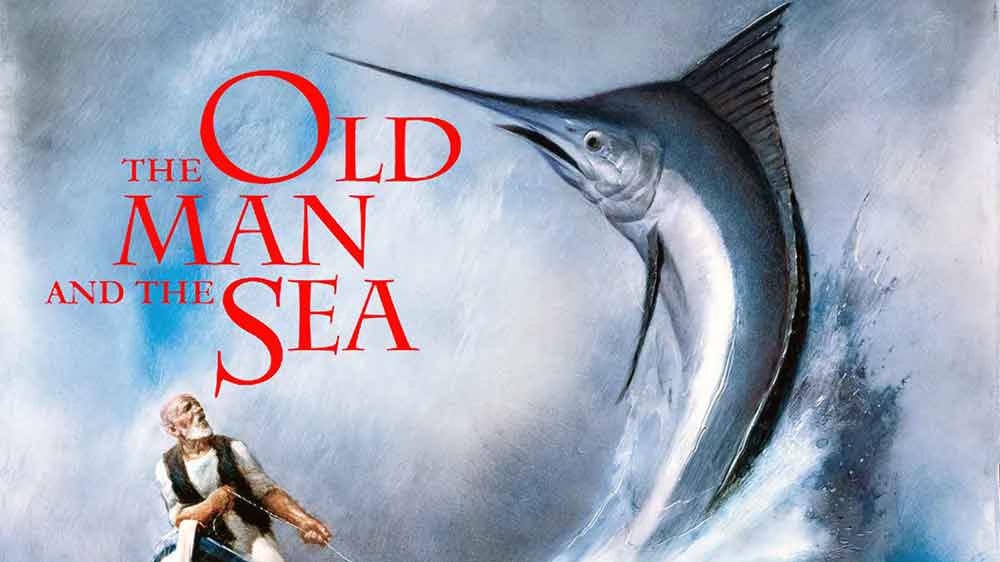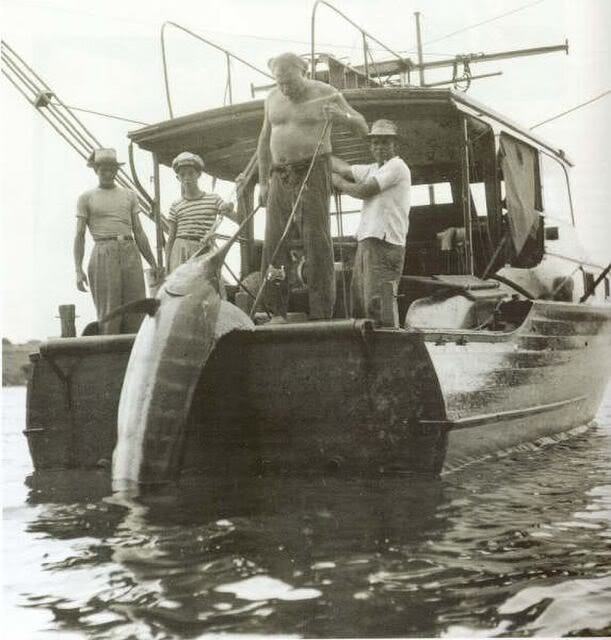The Old Man and the Sea
A timeless work.
There’s something about Hemingway’s The Old Man and the Sea that hits me at a deep level. I can’t quite put my finger on it, but there’s something akin to a soul response when I read the book. I’ve read it three times now, in 2000, 2017, and 2025.
I feel this book. I look at my own hands while reading about the pain and cramping of the old man’s hands. I flinch when the pencil-width fishing line cuts into his calloused hands. I imagine the searing pain of the line digging into his back for hours and eventually days as he braces against the marlin.
I think about my grandfather, a recreational fisherman. I think about the hours spent with him on a boat and the virtue of no talking while fishing. Hemingway’s old man reminds me of my grandfather and I have a deep longing to go back out for one last fishing trip. 2025 marked the first time I read the novel since he passed.
The Old Man and the Sea ignites a nostalgia not just for my grandfather but for the past. Santiago, the old man, dreams of a trip taken in his youth where he saw lions on the beach. It’s a vision that visits him in his dreams. It’s a peaceful dream with fear and danger close by.
There’s regret. The old man and the boy could have invited Dick Sisler, a baseball player, out fishing with them, but the boy was too timid to ask. The boy remembers and relates this haunting line:
“It was a great mistake. he might have gone with us. Then we would have that for all of our lives.”
But they didn’t invite him, and they didn’t have that experience for all of their lives. The deep regret of the what ifs.
My favorite part of the book is when Santiago shares his thoughts about the sea. The Spanish word for the sea is the masculine el mar. Santiago calls the sea the feminine la mar, like a man talking about his favorite car. He says that those who love the sea use the feminine form and those who use the sea for gain use the masculine form. It’s such a beautiful piece of the novel.
Hemingway has famously said this about The Old Man and the Sea:
“There isn’t any symbolism, the sea is the sea, the old man is an old man, the sharks are all sharks, no better nor worse. All the symbolism that people say is shit.”
Perhaps. But I like to think that this novel has an element of mythology to it. That there are truths beyond mere symbolism. That the reason it hits so deeply is because it is truer than true. And maybe that’s the unexplainable piece I just can’t put my finger on.





I also have read all of Hemingway’ novels. Love his simple to the point prose. And his very masculine way of looking at the world. A book published later was like a journal.. A Moveable Feast.. about his time in Paris and his first wife.. then a linked book of fiction about this time from Hadley’s viewpoint.. The Paris Wife by Paula McLain.. fun to guess how realistic it all was.
To me, if you read the book of one author, you've read all that author's books. Authors kind of do the same thing in each of their books with plot, structure, characters, tone, etc. You can say the same thing for filmmakers, musicians, artists, too.
The one exception, to me, of this rule is The Old Man and the Sea. I think it is so different than all of Hemingway's other books and stories that I am kind of in awe that he wrote it. Stylistically it stands out so much from the oeuvre.